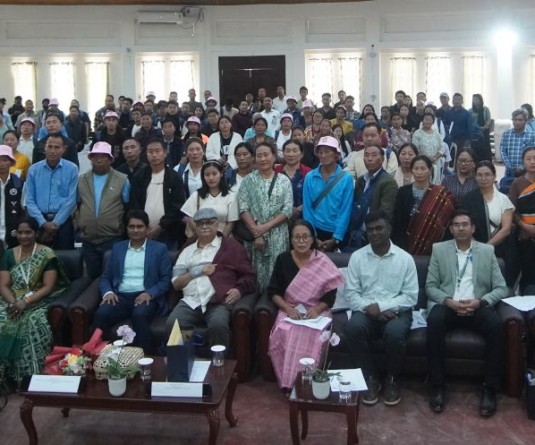
KOHIMA, SEPTEMBER 2 (MExN): The Kohima Bench of the Gauhati High Court has suspended the Nagaland Government’s recent memorandum empowering 76 departments to conduct recruitment exams.
It further directed the Nagaland Government to respond to the Public Interest Litigation (PIL) filed by the Rising People’s Party (RPP) seeking that the Nagaland Staff Selection Board (NSSB) be made functional within one month so that recruitment to all Group-C posts in the Government of Nagaland can be conducted in a transparent manner.
Counsel for the petitioner, Neiteo Koza, while pointing out that the NSSB was constituted, enacted and became effective, stated that the Government of Nagaland issued an office memorandum on July 16 wherein the ban on appointment against existing vacancies, including a number of Group C posts, “has been lifted” and recruitment to such vacancies can be done through the Nagaland Public Service Commission (NPSC) or departmental recruitment board till the NSSB is made functional.
The petitioners argued that the said office memorandum was issued with the intent to “keep the NSSB non functional for a long time so that recruitment through backdoor may continue.”
The matter was heard before Justice Songkhupchung Serto and Justice S Hukato Swu. In an order dated September 1, the court listed the matter again immediately after four weeks, adding that the “the OM remains suspended till the returnable date.”
Government Advocate, V Zhimomi accepted the notice on behalf of the state respondents. “The petitioners need not take any further step for sending notice but should hand over adequate number of copies of the petition to the learned Government Advocate during the course of the day,” the order stated.
The RPP meanwhile, issued a press statement, making its stand clear that “all recruitments to posts that fall under Group-C must be conducted through the NSSB for fairness and transparency and for which reason the NSSB has been constituted as a long standing demand of the people.”




